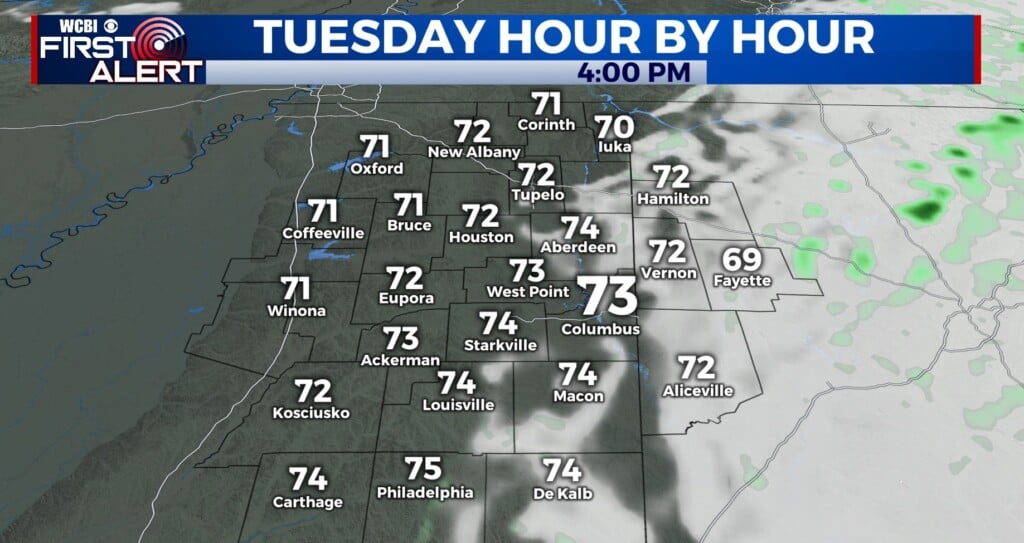H&R Block, Turbo Tax glitch may stall some stimulus checks
About 80 million taxpayers are slated to receive stimulus checks this week, but some Americans are expressing frustration because the checks haven’t landed in their accounts. One culprit could be whether they filed through tax-prep services such as H&R Block or TurboTax and received tax refund anticipation loans, according to a U.S. Treasury Department spokeswoman.
That’s because the IRS doesn’t have direct deposit information for those taxpayers, the Treasury spokeswoman says. The issue is tied to how tax refund anticipation loans work. These loans are basically advances on a tax refund that you expect from the IRS but which are provided by the tax prep services, which sometimes use credit cards, like H&R Block’s Emerald Prepaid MasterCard, to provide the loan to consumers. But that means the IRS may not have the taxpayers’ bank information.
Consumers who used a tax-prep service and relied on a tax refund anticipation loan should enter their bank account information into the IRS “Get My Payment” site, according to the Treasury Department.
However, some consumers on Thursday were reporting problems accessing the site, with many reporting to CBS MoneyWatch that they received a “Payment status not available” message, with no option to update their bank account information.
Turbo Tax and H&R Block didn’t immediately return requests for comment.
Taxpayers who recently filed their 2019 taxes may encounter the “Payment status not available” message from the IRS website because the tax agency is still processing their tax returns.
Still, some taxpayers have told CBS that they’ve already received their 2019 tax refunds, didn’t use tax refund loan anticipation service and are still having trouble getting information from the site.
If the IRS doesn’t have a taxpayer’s direct deposit information, the agency will mail out paper checks, which are slated to be issued starting the week of May 4 until the last batch goes out in September.
To be sure, millions of Americans have received their stimulus payments this week without a hitch. Single taxpayers who earn less than $75,000 will receive $1,200, while married couples who earn less than $150,000 will receive $2,400. Parents of children under 17 will get $500 per child. People who earn above those thresholds will see their payments reduced by $5 for every $100 of income, until the payments phase out at $99,000 of income for single filers and $198,000 for married couples.
The IRS and Treasury created the tracking website and are disbursing the “economic impact payments” less than three weeks after the $2 trillion stimulus bill was signed into law by President Donald Trump.
Yet during that time, millions of workers have lost their jobs, with more than 22 million Americans filing for unemployment in about a month.





Leave a Reply